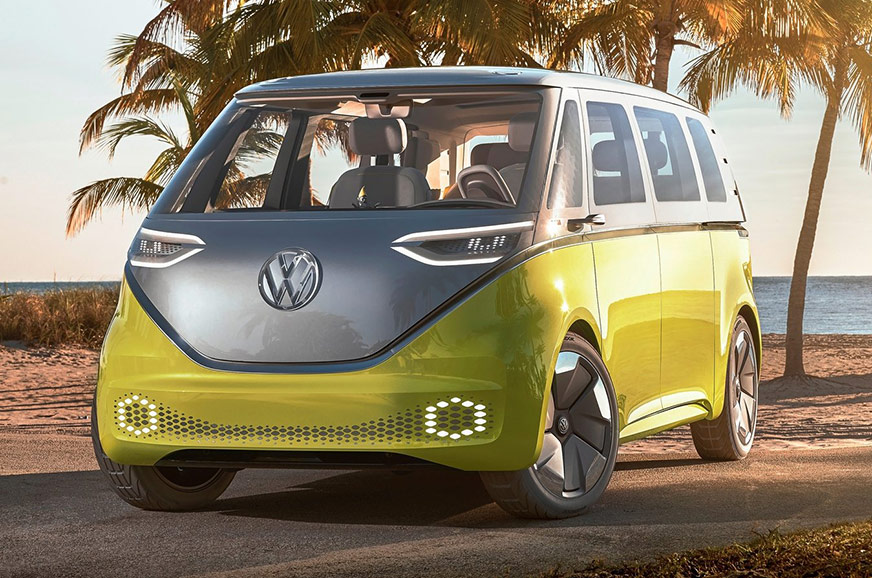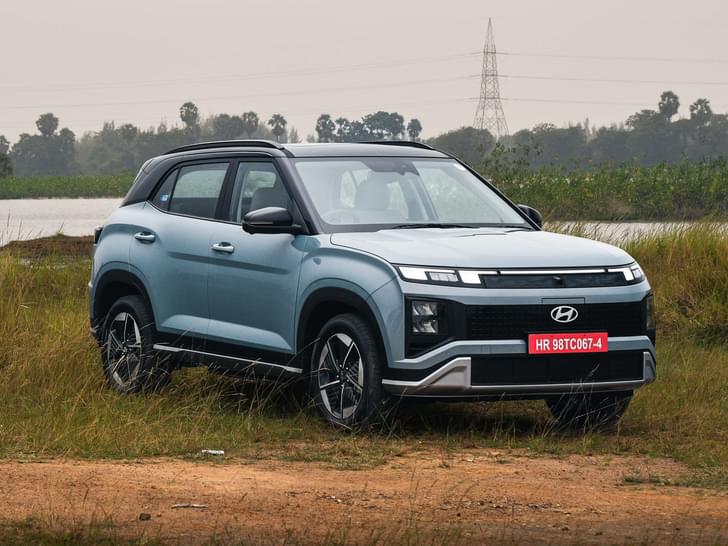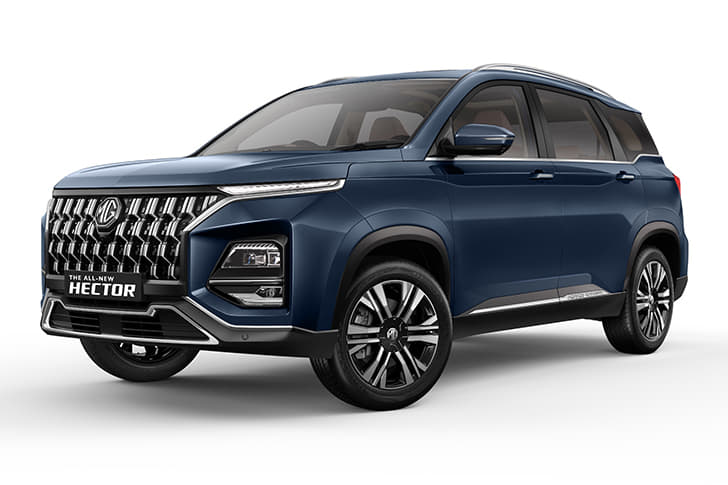The Hyundai Verna has been updated but it’s no ordinary nip and tuck job. Because, aside from the cosmetic tweaks and enhanced equipment list, the Verna is all-new under the hood. The old Verna’s 1.6-litre petrol and 1.4- and 1.6-litre diesel engines have made way for a trio of new BS6-compliant engines. On offer is a 1.5-litre petrol, a 1.5-litre diesel and a 1.0-litre turbo-petrol. While these new engine’s power and torque figures were already out, ARAI-certified fuel economy numbers were still a bit of a secret. We’ve just got our hands on the missing numbers.
The 2020 Verna’s mileage numbers make for interesting reading especially when seen in light of equivalent versions of the old car’s figures.
Verna petrol mileage: New vs old
The outgoing BS4 Hyundai Verna was available with a 123hp, 1.6-litre petrol engine that could be had with a 6-speed manual gearbox or a 6-speed torque converter automatic. While the BS4 Verna’s new 1.5-litre engine makes a lesser 115hp, it does go one up on the old engine in terms of fuel economy. Mated to the 6-speed manual gearbox, the engine is certified with an economy of 17.7kpl (vs the old car’s 17.4kpl). The shift to a smaller engine and a more efficient CVT has brought in even larger gains when talking of the automatic version. The new Verna petrol-auto is rated with 18.45kpl versus the old model’s significantly lower 15.9kpl figure. As for the all-new Verna turbo version, it might be a sporty new addition to the range but also stands out by being the most efficient of the new petrol offerings with an ARAI figure of 19.2kpl. Do note, like all turbo-petrols, driving style will have a big bearing on real-world fuel economy.
Verna diesel mileage: New vs old
The 2017 Verna was launched with a 100hp, 1.4-litre diesel engine available solely with a 6-speed manual gearbox and a 126hp, 1.6-litre diesel offered with a 6-speed manual or a 6-speed torque converter auto. The 2020 Verna’s new 115hp, 1.5-litre diesel engine is mid-way between the two in terms of power but betters the old Verna’s popular 1.6 diesel unit in economy. The BS6 Verna’s 1.5 with a manual gearbox delivers 25kpl (versus 24.7kpl) while the automatic version’s figure of 21.3kpl is 0.3kpl up on the former model.
With the all-new Honda City around the corner as well as new turbo-petrol engine-powered versions of the Skoda Rapid and VW Vento waiting in the wings, it’ll be interesting to see how the refreshed Verna stacks up against rivals in the fuel economy stakes.




































